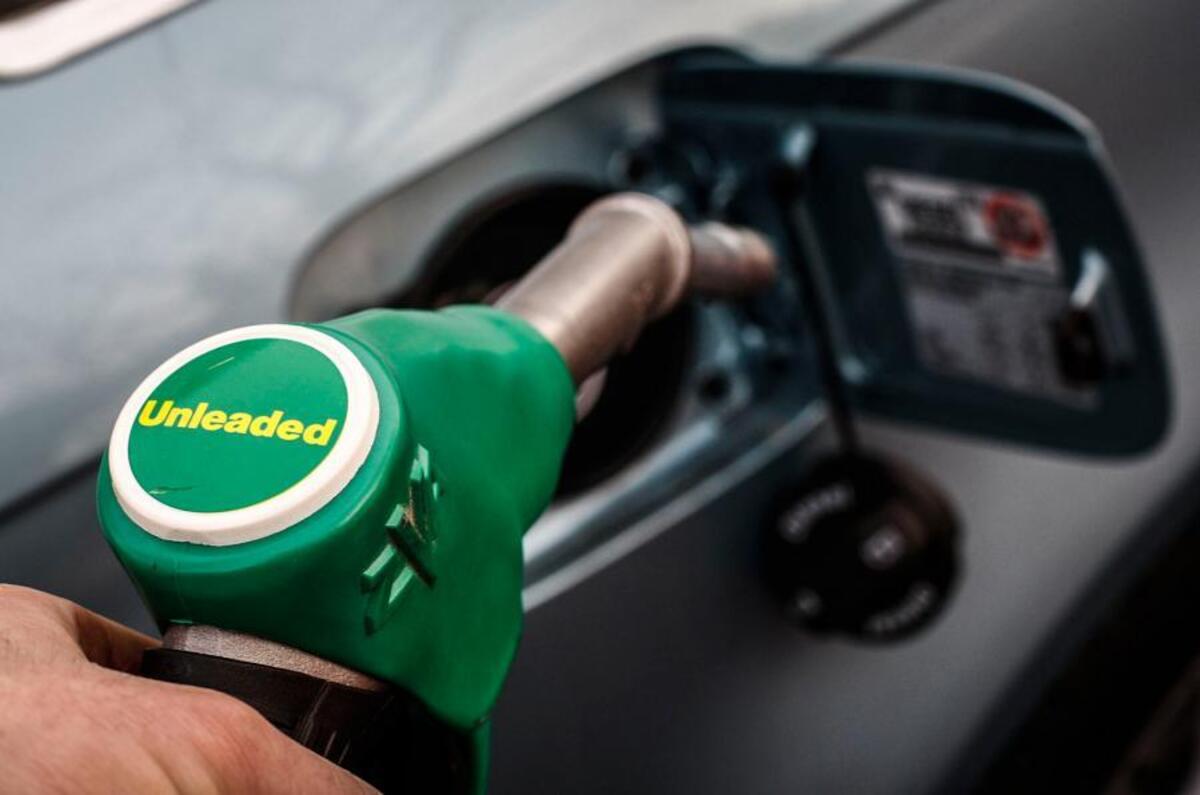Chancellor Jeremy Hunt is being urged to “leave fuel duty well alone” ahead of his budget later today, with the RAC warning any increase could also lift inflation.
Analysis from the group shows that there is an “extremely strong link” between inflation and fuel prices: since the start of October, petrol prices increased by 3p per litre (ppl) to 164.23ppl and diesel by 8ppl to 188.72ppl, while inflation increased by 5.6 percentage points.
There are concerns that any increase in duty – which is currently 52.95ppl – will push these prices further, potentially taking forecourt costs back to the record levels they reached in the summer, when the price of unleaded fuel hit 191.43ppl.
RAC fuel spokesman Simon Williams has warned both prime minister Rishi Sunak and Hunt “not to tamper” with fuel duty, adding that any increase “would force the millions of hard-working people who depend on their cars to spend even more on petrol and diesel, putting even more stress on already-squeezed household budgets”.
The group added that if duty is left alone, it is likely that prices will fall again, as the cost of wholesale fuel has been continuously dropping over the past four weeks. This would see both fuels falling 9ppl next month, which would take petrol from its current price of 164.23p to 155p and diesel from 188.72p to 180p.
Speaking about today’s budget, Williams said: “Our analysis shows there is a clear link between inflation and fuel prices. When the prices drivers pay to fill up rise, inflation seems certain to follow. That’s something the chancellor must recognise as he considers what action to take today.
“Last month, the Office for National Statistics stated the single main reason inflation wasn’t higher was because fuel prices had fallen through the summer. Unfortunately, going into the autumn, pump prices have been increasing again, which we fear will only put further upward pressure on the headline inflation rate.”
The chancellor’s budget has also been tipped to detail plans to change the way UK motorists are taxed, with a new road pricing system rumoured to be among the proposals.
Meera Vadher, who was special advisor to former transport secretary Grant Shapps, confirmed on Twitter that proposals were anticipated. Any plans will come as a response to the increasing electrification of the UK’s car parc; EVs are charged no road tax and don’t contribute anything in terms of fuel duty. As such, revenues have slipped.
The RAC’s head of roads policy, Nicholas Lyes, said: “Whatever any new taxation system looks like, the most important thing is that it’s simple, transparent and fair to drivers of both conventional and electric vehicles. It’s also essential that a new system replaces rather than runs alongside the existing taxation regime.
“Ministers should additionally consider ring-fencing a sizeable proportion of revenues raised from a new scheme for reinvestment into our road and transport network.”








Join the debate
Add your comment
As the decades wear on with less and les ICE powered Cars on the Roads, Tax on Ev's must go up to counter the shortfall.